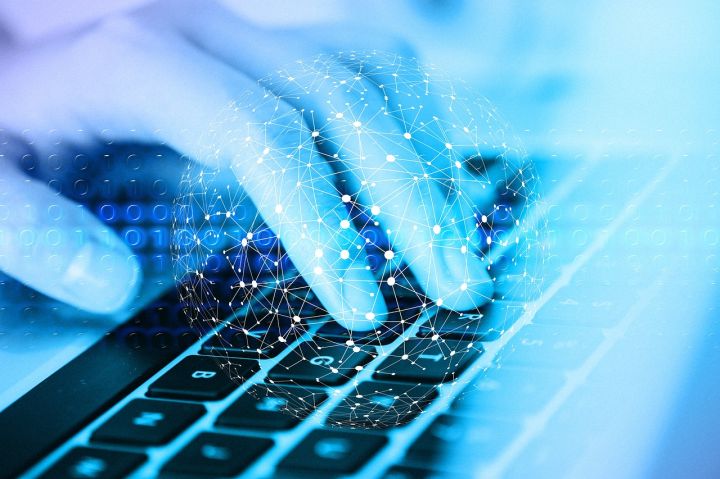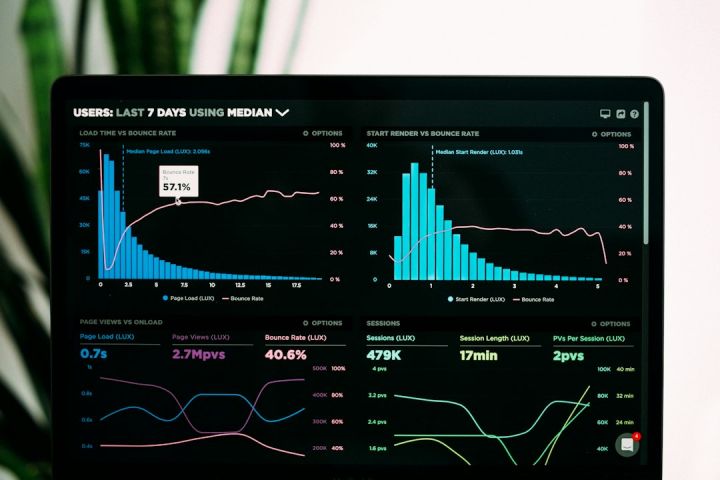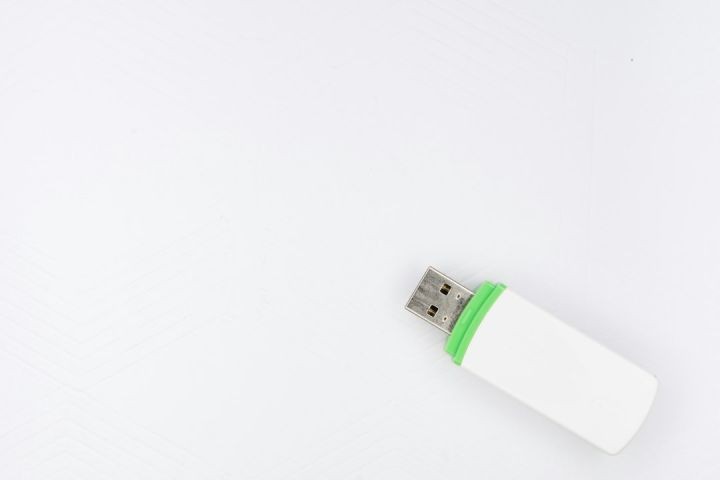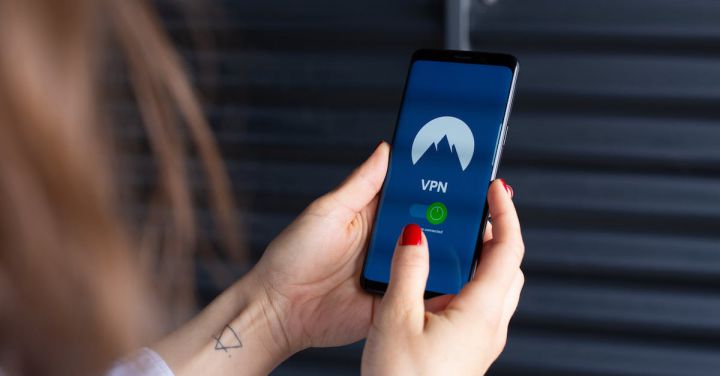How to Manage Your Personal Digital Security Online?
In today’s digital age, it is crucial to prioritize the security of our personal information online. With the increasing number of cyber threats and data breaches, it is essential to take proactive measures to protect our digital identities. In this article, we will discuss some practical tips and strategies to manage your personal digital security effectively.
Create Strong and Unique Passwords
One of the first steps towards ensuring your digital security is to create strong and unique passwords for all your online accounts. Avoid using common passwords or easily guessable information such as your name or birthdate. Instead, opt for a combination of upper and lowercase letters, numbers, and special characters. Additionally, it is advisable to use a different password for each account to minimize the risk of multiple accounts being compromised if one password is breached.
Enable Two-Factor Authentication
Two-factor authentication (2FA) adds an extra layer of security to your online accounts. It requires you to provide an additional piece of information, typically a verification code sent to your mobile device, in addition to your password. This ensures that even if your password is compromised, unauthorized access to your account is prevented. Enable 2FA whenever possible, especially for your email, banking, and social media accounts.
Be Cautious of Phishing Attempts
Phishing is a common method used by hackers to trick individuals into revealing their personal information. Be cautious of unsolicited emails, messages, or phone calls asking for sensitive information such as passwords or credit card details. Legitimate organizations will never ask for this information via email or other unsecured channels. Always verify the source and double-check the URL before entering any personal information online.
Keep Your Software Up to Date
Regularly updating your software and applications is crucial for maintaining your digital security. Software updates often include security patches and bug fixes that address vulnerabilities that can be exploited by hackers. Enable automatic updates whenever possible or manually check for updates regularly. This applies not only to your operating system but also to your web browser, antivirus software, and other applications that you use regularly.
Secure Your Wireless Network
If you have a wireless network at home, it is essential to secure it to prevent unauthorized access. Change the default administrator password for your router and enable encryption, preferably WPA2 or higher, to protect your network. Additionally, it is advisable to change your network’s SSID (Service Set Identifier) to something unique and avoid using personally identifiable information.
Backup Your Data Regularly
Backing up your data regularly is essential in case of a security breach or data loss. Store your backups on an external hard drive or in the cloud, and make sure they are encrypted and password-protected. Regularly test your backups to ensure they are working correctly and can be restored when needed.
Conclusion: Take Control of Your Digital Security
Managing your personal digital security online is a continuous process that requires attention and vigilance. By following the tips and strategies mentioned above, you can significantly reduce the chances of falling victim to cyber threats and protect your personal information. Remember, taking control of your digital security is essential for safeguarding your online identity and maintaining peace of mind in the digital world.






